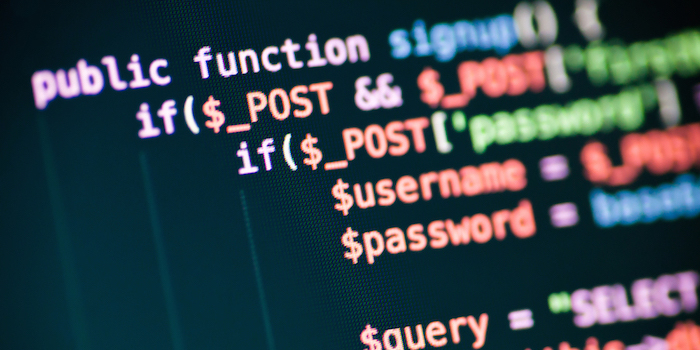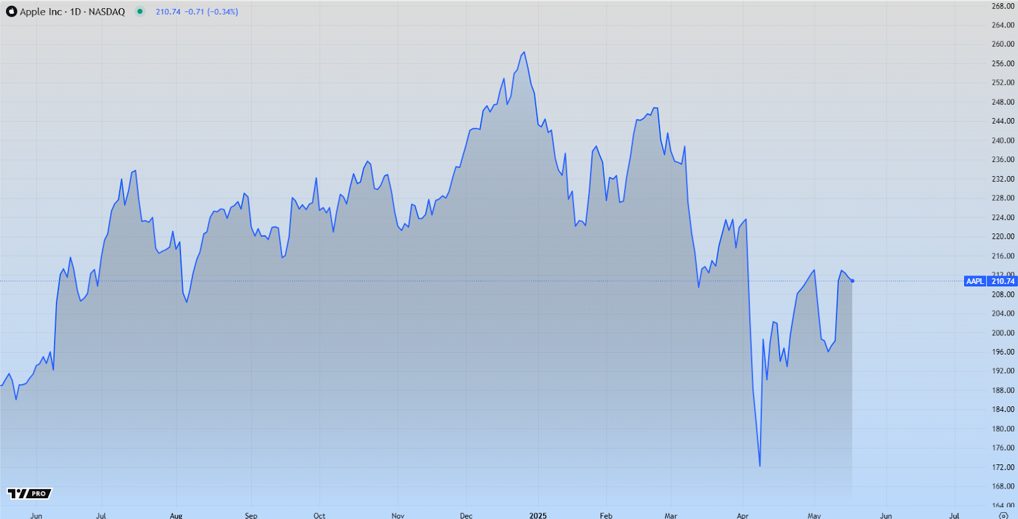There are plenty of ways to run a promotional event, but regardless as to whether you are looking to host a large B2C conference or a small B2B product launch, the key to success lies in having a solid plan and ensuring that your execution is well managed. Follow these steps to ensure that you cover all of the essentials.

Know your objective
Why exactly are you organising an event? If you know your objective, it makes it far easier to plan for success. Define a series of variables which can be used to measure the success of the event. For example, are you looking for sign-ups? Sales on the day? Enquiries? Or softer measures such as brand awareness? Agree your objectives so that you can focus on them at all times.
Make a plan
Once you know what you are trying to achieve, create a thorough plan which covers all aspects and which assigns owners to each one. Add timescales, sign-off protocols and budget lines so that the plan is robust. Share it amongst all of the events team.
Pick your venue
Be creative in selecting your venue and think about your guests and their needs, your own objectives and your budget. Don’t necessarily choose the most obvious option and look out for venues which are a little quirky and surprising, or which are likely to really interest or please your guests. It is worth keeping a potential venue list as part of your supplier pack so that you don’t need to do this research from scratch whenever you go to organise an event.
Work out your agenda
The event agenda must be carefully planned so that the event runs smoothly, purposefully and in a way that offers your guests value. Don’t cram it full with non-stop activities, but ensure that there is a mix of things on offer such as a presentation, a demonstration, a networking event, an interactive game and so forth.
Check your data list
Your delegates are likely to exist on a data list so make sure that it is up to date and check that your contact permissions are in line with GDPR. Segment and target with different types of invite as necessary so that you can tailor your messages.
Send out invites
You’ll need a promotional marketing plan to get the most from your event. Invites will need to be sent out with plenty of notice. Use a mix of digital email invites, personal calls, letters and visits according to the nature of your business and the event in question. For example, high-end clients being invited to a small and exclusive event may warrant a personal call or handwritten letter. For a large product launch in a B2C market, you may prefer to use email, text and social media.
Plan your staffing
Make sure that you have enough staff on hand for the event so that your delegates feel looked after. Give clear responsibilities on the day, from registration through to mingling and general question answering. Have your staff in uniform and with name badges.
Consider your promos
From branded pens to promotional umbrellas, most promo events will require a range of materials to support the event purpose and to reinforce the brand. Tailor the products that you give away according to your audience and consider segmenting it and targeting your promos by giving them away personally in bags or branded boxes.
Manage your budget
The success of any event depends on budget management, so keep a running list of your expenditure items and work hard to negotiate better prices with your suppliers. By working with regular suppliers, you can often negotiate better prices.
Consider your digital tools
Digital tools can make the event experience smoother, more efficient and more enjoyable. Look at tools such as digital registration, digital voting, gamification options, VR and so forth. This will reflect on your brand and there are various suppliers that provide this type of tech for events.
Plan your experience
Attendee experience is critical for the best possible promotional event. An experiential marketing campaign’s success can be determined if you have provided a positive feedback from potential clients which can also lead to sales in the future. Think about all of the touchpoints that your delegates will experience, from registration through to networking, breakout activities and any reception and check that they will have a great experience at each turn. Think about details and do a walkthrough to sense-check the practicalities.
Evaluate success
Once you have held your event, update your databases with customer or attendee data from the event and evaluate its success. Send out feedback forms and go back to your original objectives to verify that they were achieved.
By following these steps systematically, you can look forward to a successful event that achieves your sales and marketing objectives and which achieves a healthy return on your investment.





